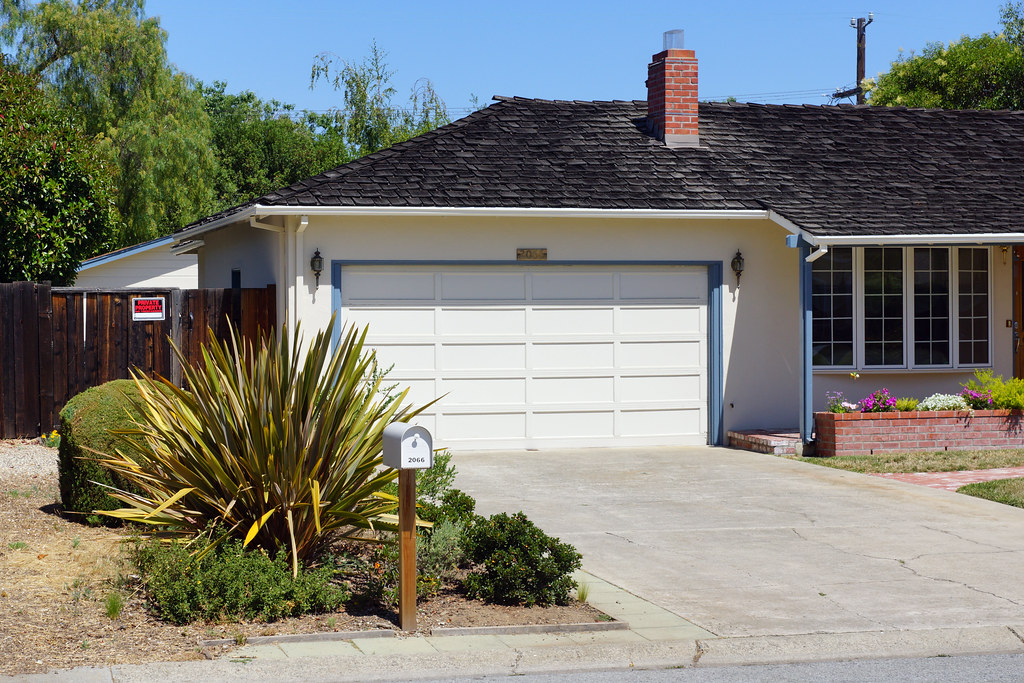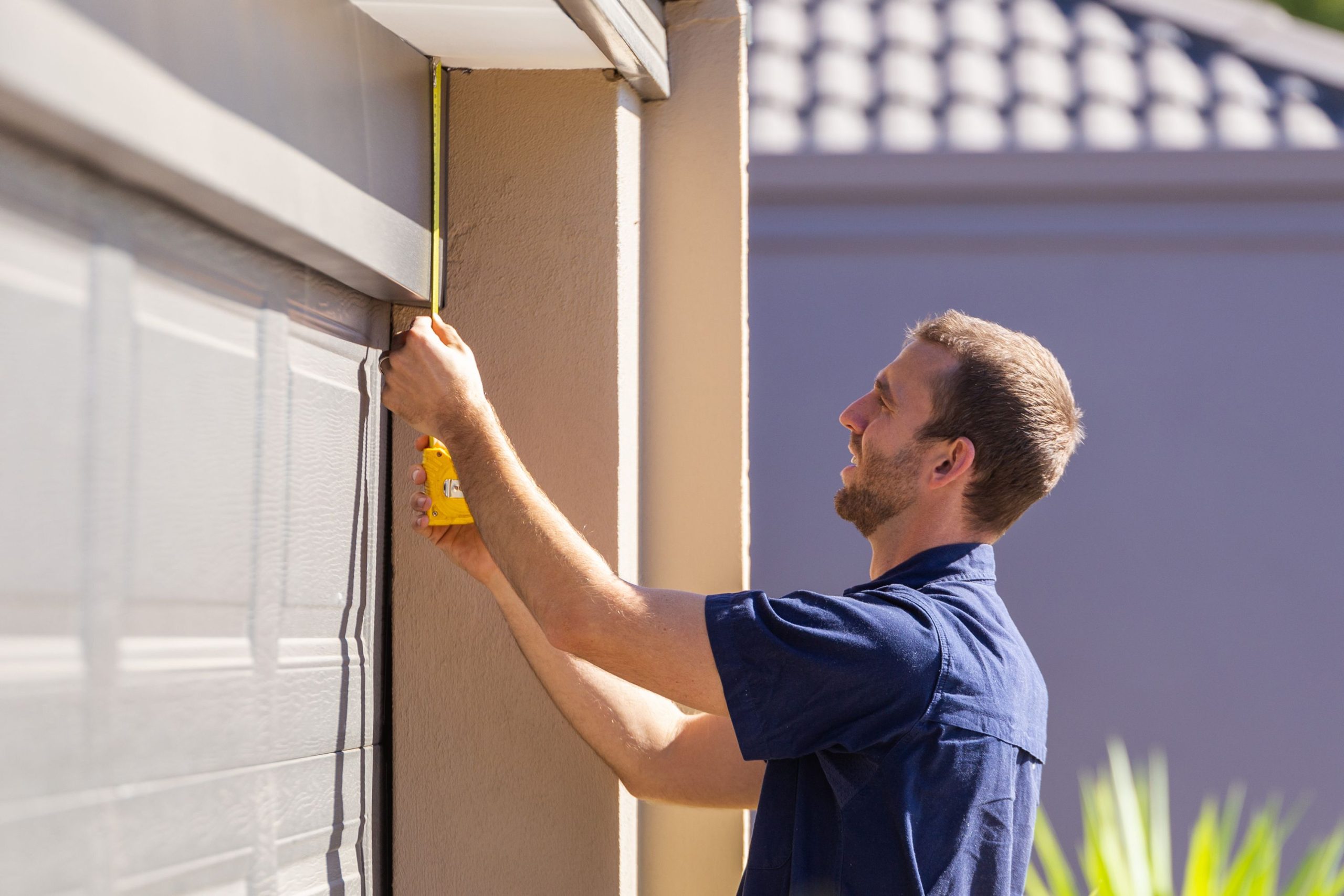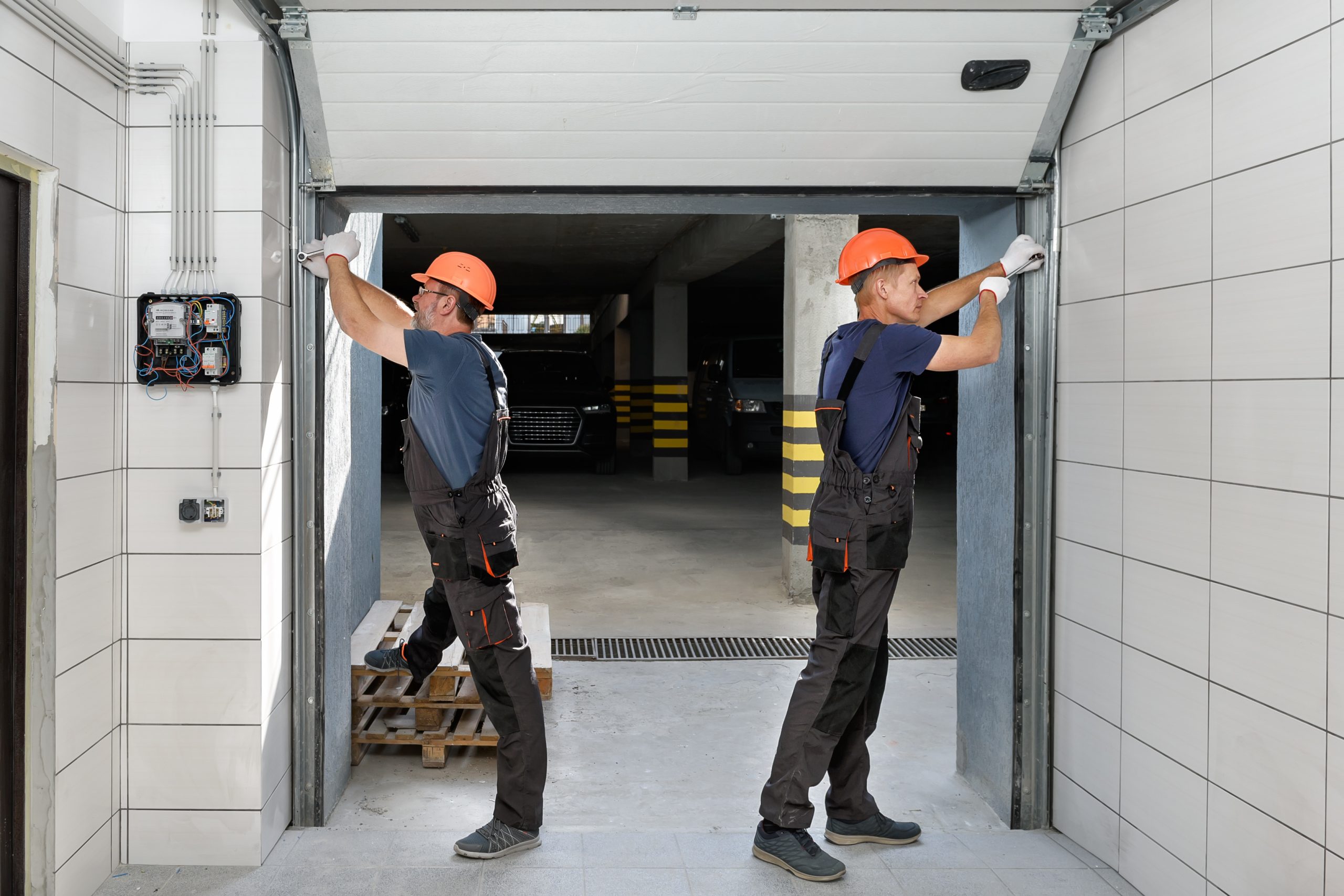A garage is more than just a place to park your car; it can serve as a workshop, storage space, or even a home gym. Whether you’re considering garage building from scratch or tackling garage repair for your existing structure, understanding the best practices for both is essential to ensure longevity and functionality. This guide will walk you through building, repairing, and maintaining a garage that lasts.
Building a Durable Garage
Planning and Design
Before you build a garage, careful planning and design are crucial. Begin by assessing your needs. Consider whether you want the space primarily for parking, storage, or as a functional workspace. Each use case will influence your design choices.
Next, choose the right location on your property. Ensure it complies with local zoning regulations and allows for easy access. Consulting with local building codes will also guide you on permits required for construction.
Selecting Materials
The materials you choose play a significant role in the durability of your garage. Here are some popular options:
- Metal Garage Building: Metal structures are popular due to their longevity, strength, and minimal maintenance. They resist weather-related damage and pests.
- Wood: While aesthetically pleasing, wooden garages may require more maintenance and can be susceptible to rot and termites.
- Concrete: A concrete garage offers durability and a solid foundation, especially in areas prone to harsh weather.
Additionally, consider energy-efficient materials, such as insulation and double-glazed windows, to keep your garage comfortable year-round.
Construction Process
Once you have your plans and materials ready, the construction process begins. Here’s a step-by-step guide:
- Foundation Preparation: A strong foundation is essential for any structure. Clear the area of debris, level the ground, and pour a concrete slab for stability.
- Framing and Roofing Techniques: Use sturdy beams and proper framing techniques to construct the walls. For roofing, consider options that can withstand local weather conditions.
- Installing Doors and Windows: Choose garage doors that fit your aesthetic and practical needs, whether it’s a traditional roll-up door or a more modern design. Windows should offer adequate light without compromising security.
- Finalizing Interior Features: Once the shell is complete, think about adding shelving, workbenches, or electrical outlets to make the space functional.
Repairing an Existing Garage
Identifying Common Issues
Even the sturdiest garages may require occasional garage repair. Here are some common issues:
- Roof Leaks: Water damage can compromise the integrity of your garage. Regularly inspect your roof for wear and tear, and address leaks immediately.
- Door Malfunctions: Problems with garage doors, such as misalignment or faulty openers, can be a hassle.
- Electrical Issues: Outdated wiring or malfunctioning outlets can be dangerous. If you notice flickering lights or tripped breakers, it’s time to investigate.
DIY Repairs vs. Hiring Professionals
Understanding when to handle repairs yourself and when to hire a professional can save you time and money. For minor issues, such as patching small roof leaks or tightening screws on a garage door, DIY may be a feasible option. However, for significant structural repairs or electrical issues, hiring professionals is advisable for safety and compliance with local codes.
Cost-Effective Repair Strategies
When it comes to garage repair cost, budgeting is crucial. Start by identifying the most urgent repairs needed. Prioritize issues that affect safety and functionality, such as roof repairs or door malfunctions.
Garage Repair Roof
For roof issues, consider materials that offer long-lasting performance. Metal roofing is a durable choice that can withstand severe weather and reduce future repair costs.
Garage Repair Car
If your garage also functions as a workspace for vehicles, ensure you have adequate tools and equipment. Regular maintenance of the garage can prevent costly repairs related to car damage.
Maintaining Your Garage for Longevity
Routine Maintenance Checklist
- Regular Inspections: Conduct monthly or seasonal inspections to catch small issues before they become major repairs. Check the roof, walls, and doors for signs of wear.
- Cleaning and Organizing: A cluttered garage can lead to accidents and damage. Set aside time to declutter and clean the space thoroughly.
- Inspecting Doors, Windows, and Seals: Ensure that all seals are intact to prevent moisture infiltration. This step is vital for maintaining a stable environment.
Seasonal Maintenance Tips
Your garage requires different care depending on the season:
- Preparing for Winter: Insulate your garage if you live in colder climates. Ensure your heating system is functional to prevent freezing.
- Summer Maintenance: In warmer months, consider installing ventilation systems to keep the space cool. Regularly check for pests seeking refuge from the heat.
Garage Building Ideas for Future Upgrades
As you maintain your garage, think about potential upgrades that can enhance its functionality:
- Adding Shelving or Storage Solutions: Maximize vertical space with shelves or cabinets for tools and equipment.
- Enhancing Lighting: Adequate lighting improves visibility and safety, especially if you work on vehicles or projects.
- Investing in Smart Technology: Smart garage doors and security systems can enhance the functionality and safety of your garage.
Conclusion
Building, repairing, and maintaining a garage that lasts requires thoughtful planning and regular upkeep. Whether you’re considering garage building from scratch or addressing repairs, understanding the materials, processes, and maintenance needs is essential for a functional space.
By following these guidelines, you can ensure your garage remains a valuable asset to your home for years to come.





